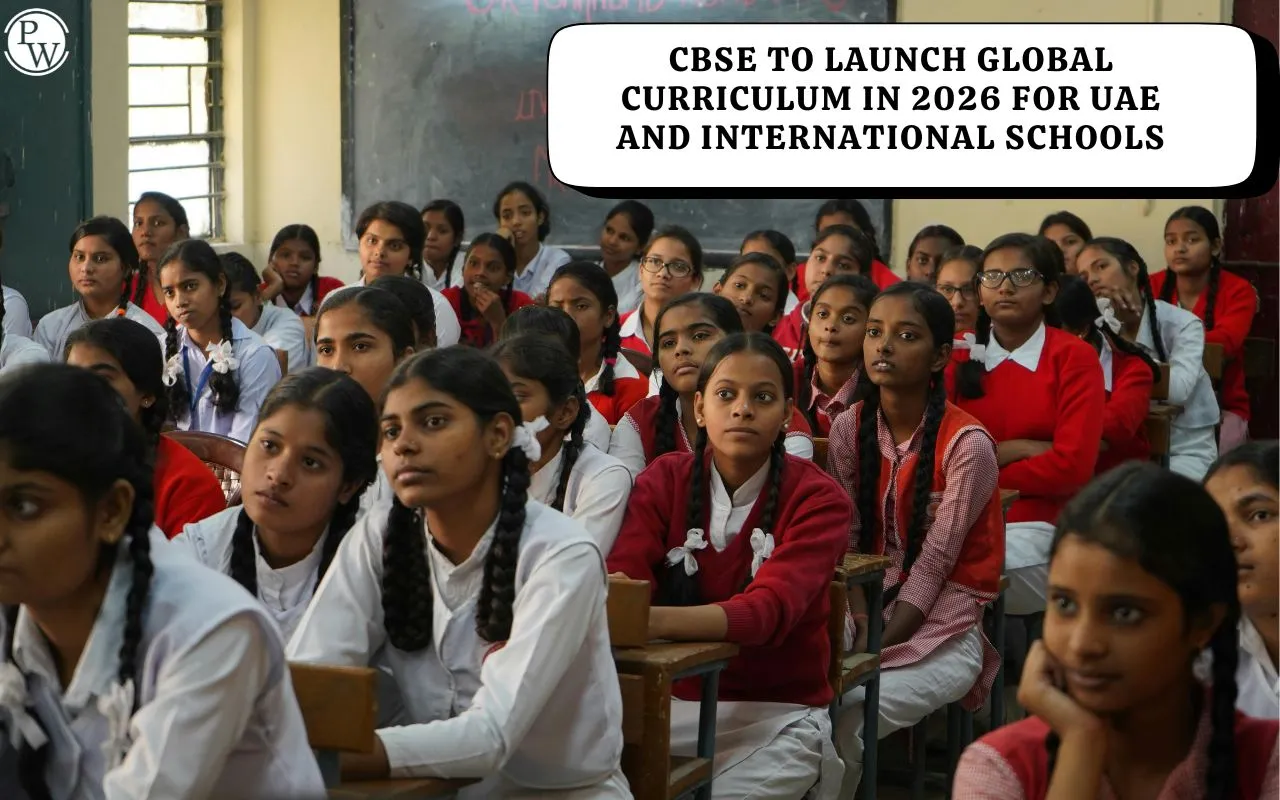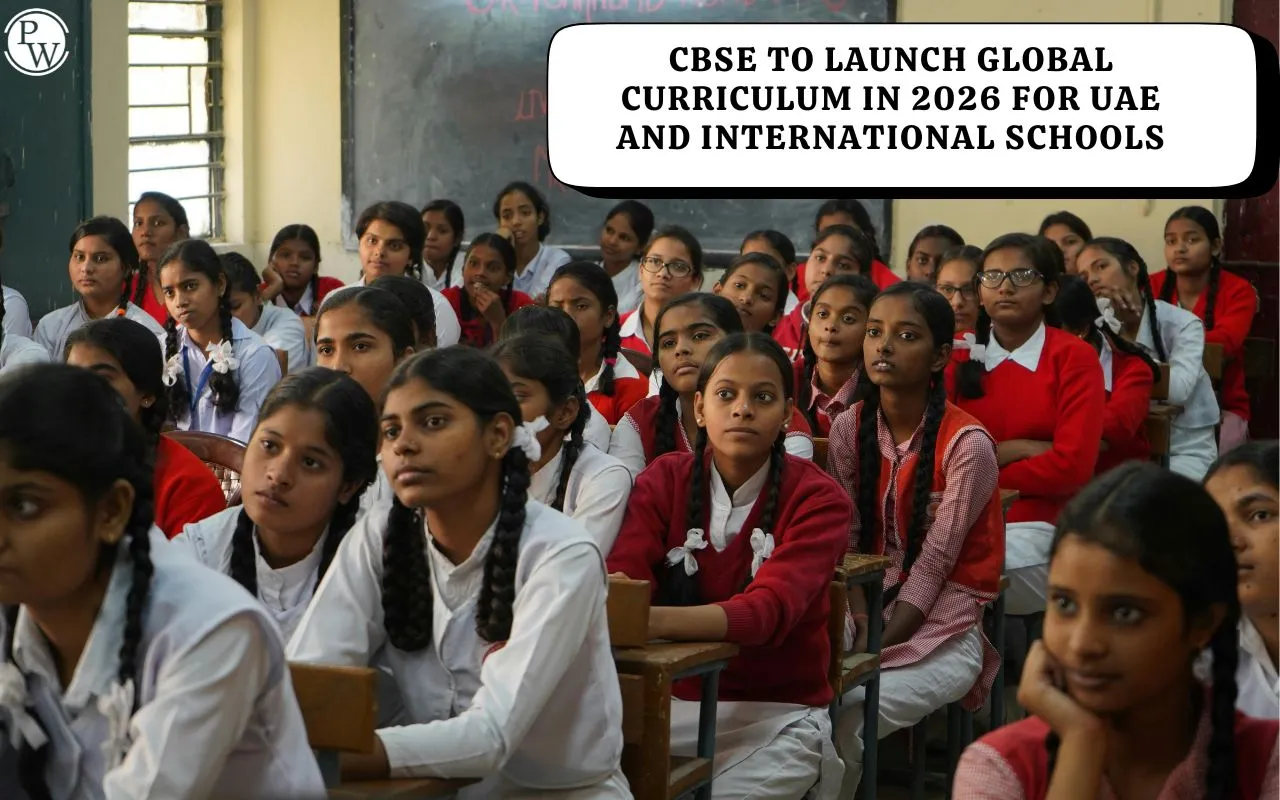

India’s Central Board of Secondary Education (CBSE) will launch its Global Curriculum in April 2026, targeting CBSE-affiliated schools in the UAE and other countries. The curriculum aims to combine international learning standards with India’s educational values, offering flexibility, global recognition, and enhanced teacher training while following the guidelines of NEP 2020. The announcement was made at the 31st annual international conference of Sahodaya School Complexes in Dubai.
Over 800 school leaders and educationists from India and the Gulf region attended the two-day event, which was themed “Rooted in Wisdom, Rising with Vision – Reimagining Education through NEP 2020.” Draft Stage and Stakeholder Consultations Dr. Ram Shankar, Director of the CBSE Regional Office and Centre of Excellence in Dubai, stated that the curriculum is currently in draft form. “We will have more discussions with stakeholders for finalising the curriculum and it is likely to be rolled out next academic year,” he said.
UAE has 106 CBSE-affiliated schools
The UAE has 106 CBSE-affiliated schools, the largest network outside India. Engagement with Gulf Regulators Senior officials from the Ministries of Education in Oman, Bahrain, Kuwait, Qatar, and the UAE—including Dubai’s KHDA, Abu Dhabi’s ADEK, and Sharjah Private Education Authority (SPEA)—participated in discussions with CBSE representatives, the Indian government, and the Consul General of India in Dubai.
Key topics included:
-
Customizing the curriculum for foreign schools
-
Teacher training programs
-
Vocational and technical education pathways
-
Teacher qualifications and equivalence standards
-
Global recognition of CBSE certificates
The regulators praised CBSE for maintaining a balance between academic rigor and affordability and commended Gulf-based CBSE schools for their compliance, quality, and student performance. Background and Lessons from CBSE-i The new Global Curriculum builds on earlier CBSE international initiatives, particularly CBSE-i, which started in 2010.
CBSE-i emphasized inquiry-based, interdisciplinary learning, critical thinking, and research while retaining core Indian values.
However, it was discontinued in 2017 due to operational challenges and limited adoption. The upcoming curriculum is designed specifically for CBSE-affiliated foreign schools but will also be available to Indian CBSE schools and international schools affiliated with other boards that choose to adopt it. It covers infrastructure requirements, regulatory compliance, academic practices, calendars, teacher qualifications, and global standards.
Insights from the Sahodaya Conference The Sahodaya conference provides a platform for school leaders to share best practices and discuss challenges. Dr. Shankar highlighted a focus on competency-based education, teacher training, and the two board examinations. Stakeholder consultations are ongoing before the final rollout.
During the event, CBSE also launched the Holistic Progress Card (Middle Stage), a multidimensional assessment system aligned with NEP 2020. Impact on UAE Schools From April 2026, CBSE schools in the UAE will implement the Global Curriculum. The initiative is designed to prepare students for a globally connected world while preserving the foundations of Indian education.
About CBSE Global Curriculum
UAE authorities, including KHDA, ADEK, and SPEA, will assist schools in aligning infrastructure, academic practices, and teacher standards with the new curriculum. The CBSE Global Curriculum represents a strategic step toward global recognition, providing students with the skills, knowledge, and flexibility required in an increasingly competitive international education environment.
